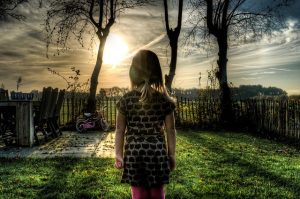
As a therapist specializing in sex and intimacy issues, I work with a lot of clients who have suffered (and sometimes committed) incest. Most of the time, they feel like they’re the only person who has ever experienced this. They feel deep shame, and they only reluctantly will discuss what happened. That is why a book like Donna Jenson’s recently published Healing My Life: From Incest to Joy is so important.
This deeply personal memoir of incest and healing is incredibly powerful, mostly because it’s an honest account of the damage done by incest and the courage and persistence it takes to heal. With this book, Jenson chronicles the physical and spiritual steps she took to reclaim her life, never losing her sense of humor. Poignant, brave, and helpful, this memoir offers a much-needed testimony for anyone affected by incest.
Jenson understands the pathway from pain to joy as well as anyone I’ve ever encountered, and she sums it up beautifully when she says, “My journey has been, and continues to be, a winding and swirling, a twisting out and curling back to retrieve the crushed part of my spirit so it could reenter my body and be happy to live there.” Every incest-affected client I’ve ever worked with could state the same. Healing is a “two steps forward, one and a half steps backward” process.
Jenson also understands that sometimes the most damaging part of incest isn’t what happened, it’s the secrecy and silencing that accompanies it. Not being able to talk about incest not only prevents healing, it engenders shame and compounds the suffering. Jenson writes, “The most damaging consequence of the trauma was being silenced, my mother’s denial and my father’s demands. From age seven he told me, after every rape, ‘You tell anyone and I’ll kill you.’ This tenacious muzzling censorship was at least as bad as the physical trouncing I took, if not more so. Holding such a secret festers and spoils the spirit.”
The only pathway out of this pain is sharing about it. Research has proven this over and over, and so does Jenson’s journey. “When you break through the silencing – whether it’s communicating the truth to yourself, another individual, or a whole group of people – you chip away at the wall, the prison, which was built around your voice, around your capacity to express yourself.”
Jenson also talks eloquently about the dissociation experienced by almost all survivors of childhood incest. “At the onset of the incest … I disconnected from my physical body – not being in it much of the time. To be in my body was to be more keenly aware of what has been done to it.” Every incest-affected client I’ve ever worked with has experienced this to some degree.
Another important facet of this memoir is the recognition and acknowledgement that when one person in a family heals, the rest of the family might or might not follow suit. About her father, Jenson writes, “Through AA my Dad was halfway out of the grip of his demons. He stopped drinking for good in his late thirties. But his ‘be mean to your daughter’ demon stayed with him until he died.” Perhaps even more painful was rejection by her brother. “When [he] decided I was lying about the incest, the bottom fell out. The little shit. How dare he choose to believe our father’s denial of the abuse that I said happened?”
Ultimately, despite numerous setbacks, Jenson found her voice, and now she has become an activist against childhood sexual abuse. She has written and performs a play about what happened and her journey of recovery, and now she has shared her poignant, enlightening story in Healing My Life: From Incest to Joy. This book is highly recommended for anyone whose life has been affected by incest.
Other useful books for people affected by incest include: Healing the Incest Wound by Christine Courtois, Silently Seduced by Ken Adams, Secret Survivors by Sue Blume, and No Tears for My Father by Viga Boland, among others.


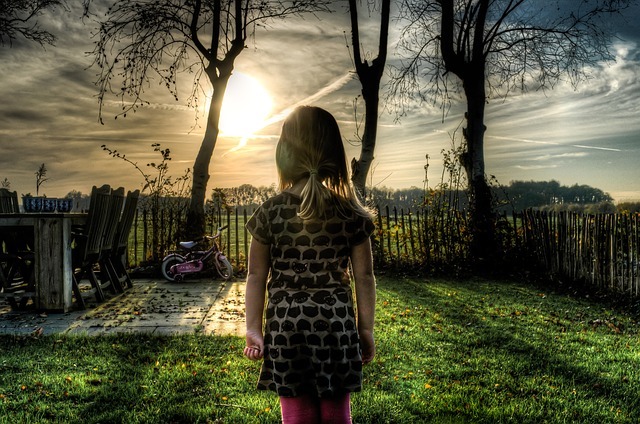
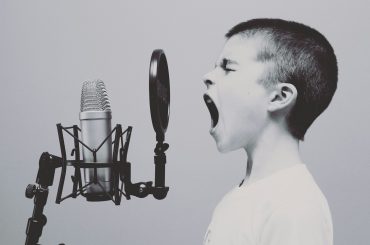
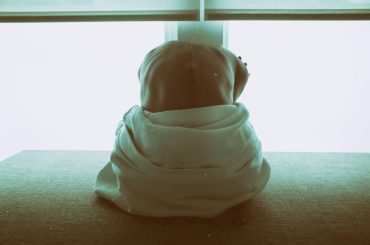
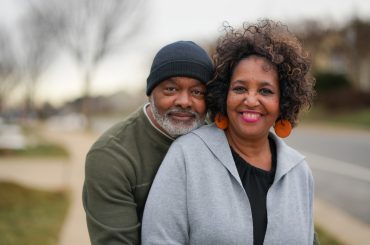
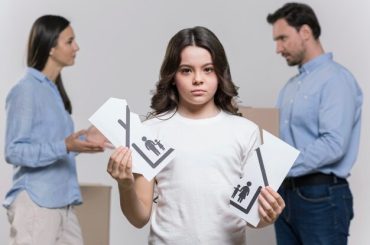
3 Comments
Thanks for sharing this with us. The incest wound is at the very root of all my addictions and mental and physical health problems. Which I’m happy to say I’m well on the way to recovering from but it took 48 years for me to get to this emotional mental and spiritual place. It is absolutely true that it is the secrecy and silencing that prevents an incest survivor from moving forward in their lives and going on to thrive. And the family denial and scapegoating and blaming of the victim on the rare occasion the family even acknowledges something evil went on under their roof and in their midst. At least that has been my experience and I’m sure many others experiences too. Often the survivor has to cut ties with their dysfunctional family of origin in order to stay safe and sane. That’s what I had to do anyway. Speaking out about this stuff has seen me ostracised and shunned by other members of my birth family who were innocent bystanders yet who chose to believe my abusers lies and the lies of my non offending parents. It’s really tough to realise that my abusers were more important to my parents than I was. As was maintaining the false image of being such a ‘nice’ family. I will end this by recommending two more books that have instrumental in helping me to recover from incest. Homecoming by John Bradshaw and Toxic Parents by Susan Forward.
Thanks again, namaste to all
Amanda
Thank you so much for sharing your experience Amanda. If you ever feel like you want to write further about your journey, I’d love to chat with you about it. You can contact me at nicky@intherooms.com if you’d like to talk further. Best wishes. Nicky x
Hallo Nicky
Yes I’d be more than happy to talk with you further about my experience of incest growing up. As I said in my comment on that blog it has been at the very heart of all my addictions and health problems all my life. Is this a subject close to your own heart then? All too often I have come across women in the rooms of AA and even a lot of men impacted by this dreadful ordeal. And it really IS an ordeal and something you never get over but as I’ve found on a strictly personal basis something you absolutely can come to terms with and learn to live with and ultimately accept. And isn’t acceptance at the very centre of the Serenity Prayer? Please let me know what specifically you would be open to discuss with me in regards this very sensitive issue.
Kind regards
Amanda Jones